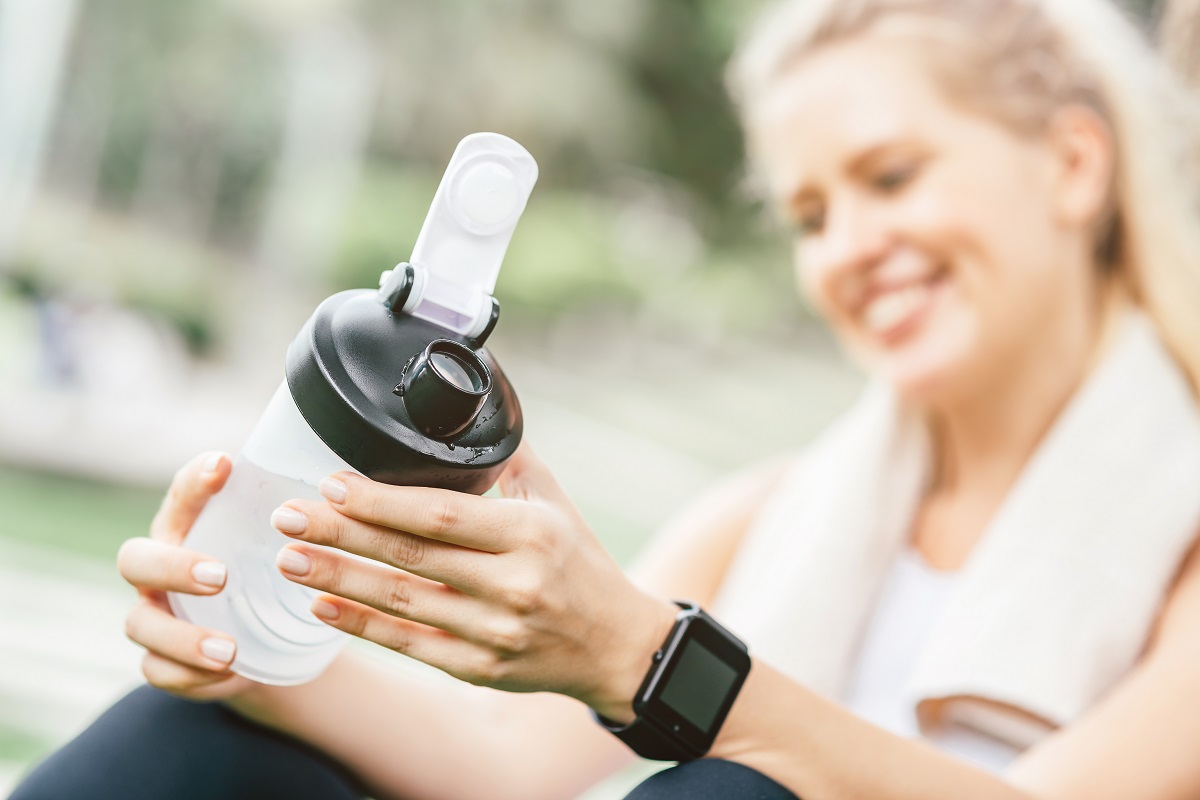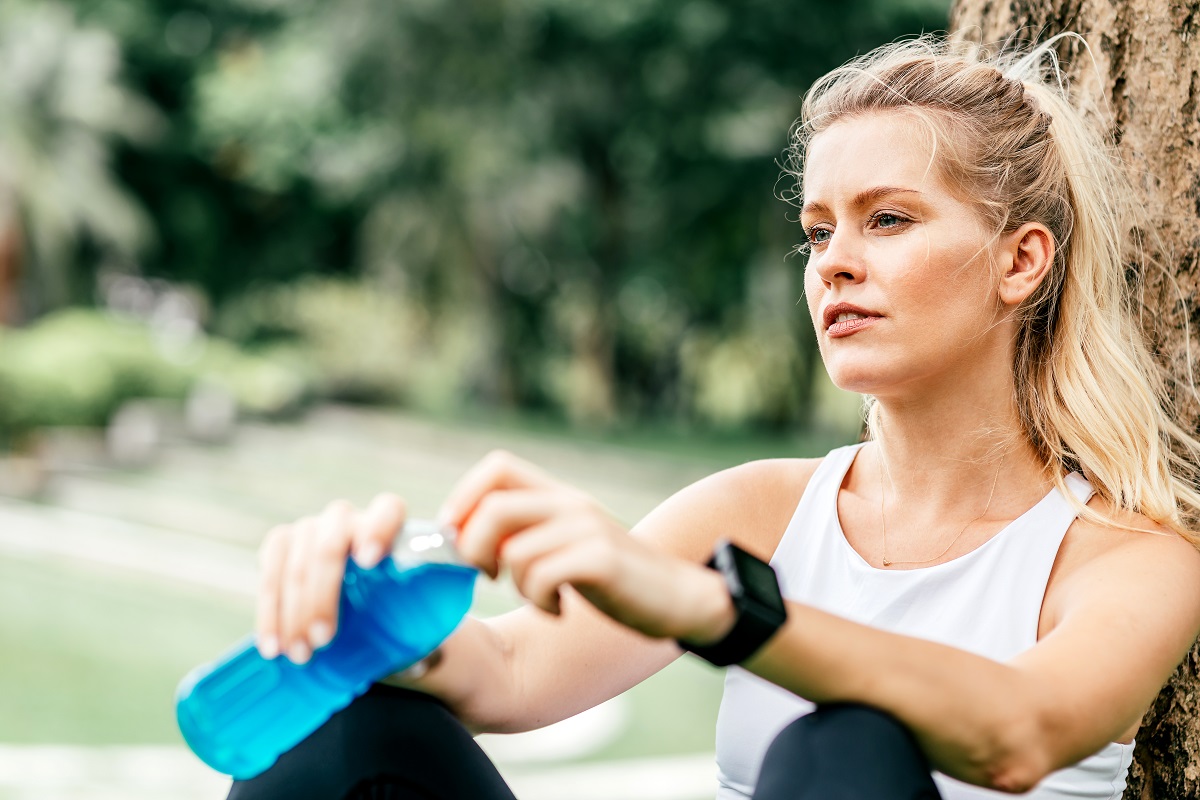Water, often hailed as the elixir of life, plays an integral role in our daily existence. It’s not merely a thirst quencher; water is the lifeblood of our bodily functions, affecting everything from digestion to brain function. However, the significance of water is arguably most palpable in the realm of physical fitness, where its impact is profound and multifaceted. This blog post is a comprehensive exploration into the role of hydration in sports and fitness activities like swimming, cycling, running and weight training. Whether you’re a seasoned athlete, an exercise enthusiast or someone simply interested in leading a healthier lifestyle, we’re certain you’ll find this deep dive enlightening.
The Importance of Hydration: A Scientific Perspective

The Role of Water in the Human Body
The human body is roughly 60% water. This vital fluid facilitates numerous physiological functions, from regulating body temperature and maintaining blood volume to aiding digestion and nutrient absorption. In the context of physical activity, water’s role becomes even more critical. It acts as a lubricant for joints, helps in the transportation of oxygen and nutrients to the muscles and aids in the elimination of metabolic waste products.
Dehydration and Its Impact on Performance
Even a slight dip in the body’s water balance can induce dehydration, which can drastically impact physical performance. Research reveals that a water loss of just 2% of body weight can lead to a noticeable decrease in physical and mental performance. Symptoms of dehydration can include fatigue, dizziness and decreased muscle strength, all of which can significantly hinder your ability to perform optimally in any sport or fitness activity.
Water and Fitness Activities: An In-depth Analysis
Let’s now delve into the specific role of water in different fitness activities and sports.
Swimming and Hydration
Despite being surrounded by water, swimmers are not immune to dehydration. The ambient heat and humidity of indoor pools can lead to excessive sweating, which, if not compensated for, can result in dehydration. Proper hydration helps maintain swimmers’ stamina, speed and stroke efficiency.
Hydration for Cycling
For cyclists, water loss through sweating can be significant, especially in hot weather or during high-intensity rides. Adequate hydration is crucial for maintaining cardiovascular function, muscle function and thermoregulation, directly influencing a cyclist’s speed, endurance and recovery.
The Importance of Water in Running

Runners, particularly long-distance ones, must prioritise hydration. Dehydration can cause a drop in blood volume, which can lead to a higher heart rate, lower sweat rate and potentially heat exhaustion. Proper hydration can keep these issues at bay, ensuring peak performance.
Water and Weight Training
In weight training, muscles need to be well-hydrated for optimal strength and functionality. Inadequate hydration can lead to decreased muscle mass, as water comprises a large portion of muscle tissue. Furthermore, water aids in the transport of essential nutrients that promote muscle recovery and growth.
Practical Hydration Strategies for Fitness
Understanding the importance of water in fitness activities is one thing; implementing practical hydration strategies is another. Here are some practical tips:
Pre-hydration
Begin your workout well-hydrated. Consuming 500 ml of water two hours before exercise can help establish good hydration status.
Hydration During Activity
For most exercise sessions, water is sufficient. However, if you’re
exercising intensely for over an hour, a drink containing electrolytes and a small amount of carbohydrates may be beneficial.
Rehydration Post-Exercise
Post-exercise, aim to replace 125-150% of the fluid lost during exercise within 4-6 hours. This often means consuming more than just the volume lost, due to continued sweat and urine losses.
Listen to Your Body
Thirst is a reliable indicator of hydration status during exercise. However, for high-intensity or long-duration workouts, a more proactive approach may be required.
Understanding Hydration Beyond Just Drinking Water
While drinking water is paramount, understanding and implementing the concept of ‘eating your water’ can also significantly aid hydration.
The Role of Hydrating Foods
Many fruits and vegetables have high water content and can help contribute to your overall hydration. Foods like cucumbers, watermelons and strawberries are over 90% water. Including these in your diet can help keep you hydrated.
Limit Diuretics
Certain beverages like coffee, alcohol and some types of tea can have a diuretic effect, promoting the production of urine and potentially leading to dehydration if consumed in large quantities.
The Power of Proper Hydration for Recovery

Hydration isn’t just vital for performance; it’s also crucial for recovery.
Water and Muscle Recovery
Water plays a key role in the transportation of nutrients within the body, aiding muscle repair and growth post-workout.
Hydration and Joint Health
Proper hydration can help keep your joints healthy and lubricated, reducing the risk of injury and aiding recovery.
Conclusion
From enhancing performance to promoting recovery, the role of water in fitness and sports is vast and significant. Implementing good hydration habits can truly be a game-changer, whatever your fitness discipline. For those interested in digging deeper into this subject, resources like the National Health Service’s (NHS) guidelines on hydration or the American College of Sports Medicine’s (ACSM) position stand on exercise and fluid replacement, offer a wealth of information.
Got any queries or need further advice? Feel free to use the contact form on our website. We’re here to help you in your fitness journey!
